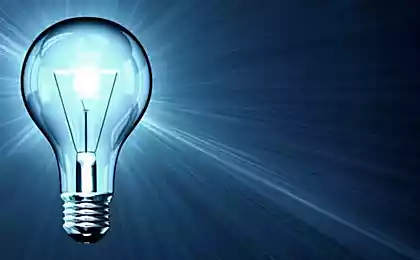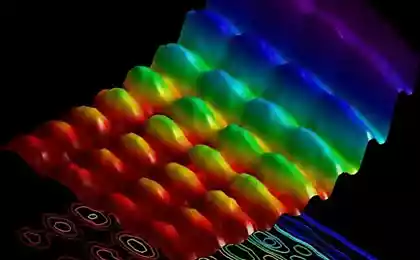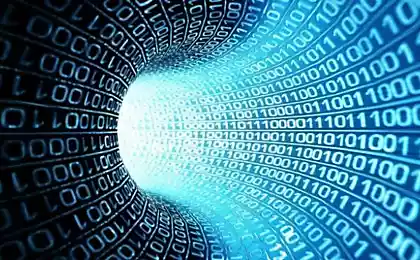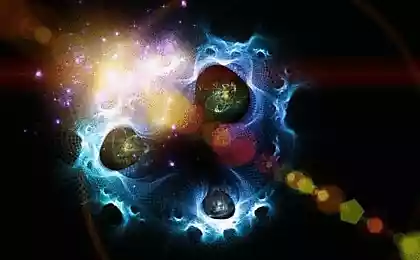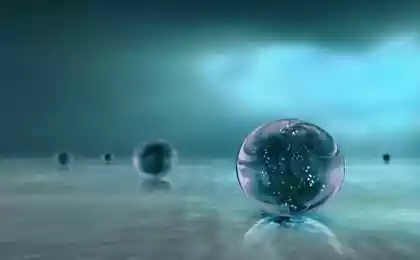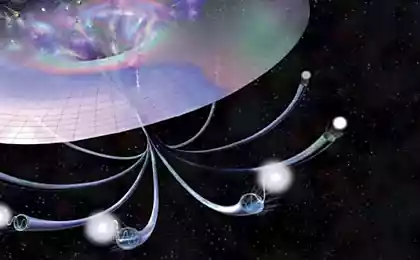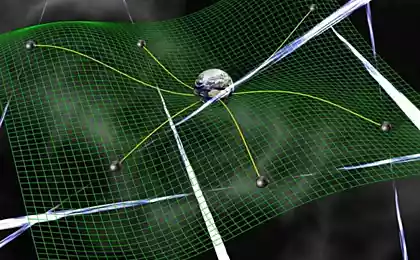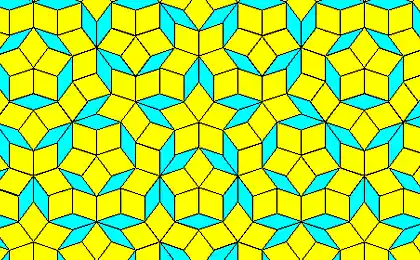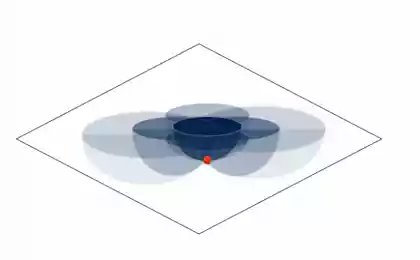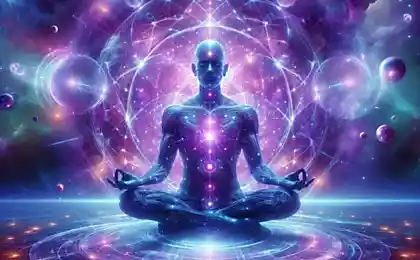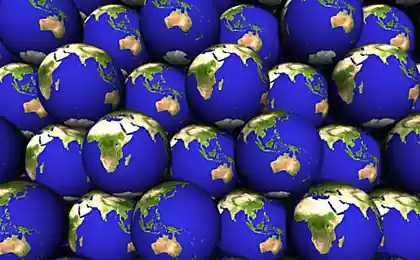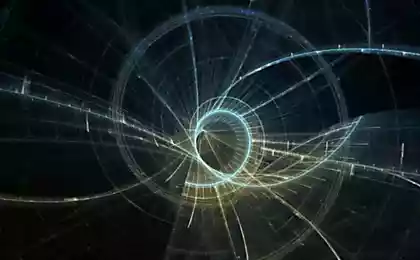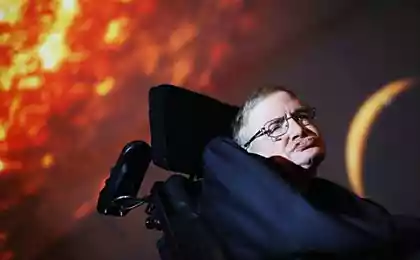506
Human consciousness from the point of view of quantum theory
Thanks to the work of a small group neuroscientists and theoretical physicists over the last few years, we can finally find a way of analyzing the mysterious, metaphysical realm of consciousness in a scientific manner. The latest breakthrough in this new area voiced Max Tegmark from the Massachusetts Institute of technology. The scientist says that consciousness is actually a state of matter.
"Just as there are many types of liquid, there are many types of consciousness," he says. With this new model, Tegmark claims that consciousness can be described in terms of quantum mechanics and information theory that will allow us to scientifically address such mysterious topics as self-awareness and why we perceive the world in classical three-dimensional terms rather than as an infinite number of objective realities offered up to the emergence of the "many-worlds" interpretation of quantum mechanics.
Consciousness has always been a difficult issue for scientific discussion. In the end, science deals with effects that can be observed and described mathematically, and consciousness has so far successfully avoided this approach. In most serious scientific circles the mere mention of consciousness may result in immediate expulsion in the sphere of quacks and occultists.
It is obvious that the consciousness or essence, or soul, or whatever it is that makes us human — as the topic of discussion is not going away. We're terribly nice to think that the consciousness of the chosen people as the only place to reserve, but evolution gave us a large thinking brains, so we have to use our consciousness in order to understand what is consciousness.
The latest attempts to formalize consciousness took Giulio Tononi, a Professor from the University of Wisconsin-Madison, who proposed the integrated information theory (IIT), and now Max Tegmark from MIT, who tried to generalize the work Tononi from the point of view of quantum mechanics. In her research paper "consciousness as a state of matter" (arXiv.org), Tegmark suggested that consciousness can be seen as a state of matter called "perceptrons", which can be differentiated from other types of matter (solid, liquid, gases) using five, mathematically sound principles.
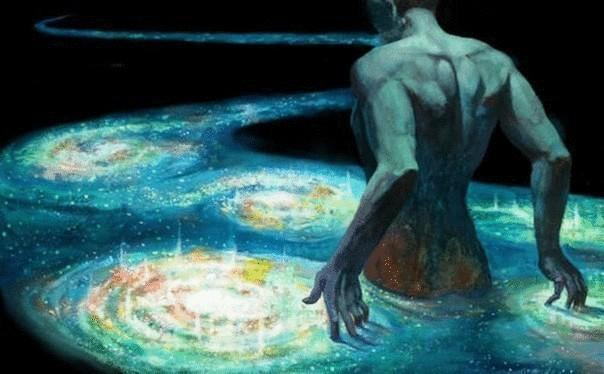
In short, the theory is based T Tononi — consciousness is the result of the system that can accumulate and effectively use the information and leads her to perceptrons, defined as "the common substance that is subjective somewomen".
This substance not only may collect and use the data, but is also indivisible and unified. Most of the work describes perceptrons in terms of quantum mechanics and considers, why we perceive the world in terms of classical independent systems, not in terms of one big interconnected quantum hash. To this question, in particular, Tegmark the answer is no.
Work Tegmark does not reach the point where we can answer the question of what causes or creates consciousness, but done way suggests that consciousness is subject to the same laws of physics that govern the Universe and the rest.
Source: brainswork.ru
"Just as there are many types of liquid, there are many types of consciousness," he says. With this new model, Tegmark claims that consciousness can be described in terms of quantum mechanics and information theory that will allow us to scientifically address such mysterious topics as self-awareness and why we perceive the world in classical three-dimensional terms rather than as an infinite number of objective realities offered up to the emergence of the "many-worlds" interpretation of quantum mechanics.
Consciousness has always been a difficult issue for scientific discussion. In the end, science deals with effects that can be observed and described mathematically, and consciousness has so far successfully avoided this approach. In most serious scientific circles the mere mention of consciousness may result in immediate expulsion in the sphere of quacks and occultists.
It is obvious that the consciousness or essence, or soul, or whatever it is that makes us human — as the topic of discussion is not going away. We're terribly nice to think that the consciousness of the chosen people as the only place to reserve, but evolution gave us a large thinking brains, so we have to use our consciousness in order to understand what is consciousness.
The latest attempts to formalize consciousness took Giulio Tononi, a Professor from the University of Wisconsin-Madison, who proposed the integrated information theory (IIT), and now Max Tegmark from MIT, who tried to generalize the work Tononi from the point of view of quantum mechanics. In her research paper "consciousness as a state of matter" (arXiv.org), Tegmark suggested that consciousness can be seen as a state of matter called "perceptrons", which can be differentiated from other types of matter (solid, liquid, gases) using five, mathematically sound principles.

In short, the theory is based T Tononi — consciousness is the result of the system that can accumulate and effectively use the information and leads her to perceptrons, defined as "the common substance that is subjective somewomen".
This substance not only may collect and use the data, but is also indivisible and unified. Most of the work describes perceptrons in terms of quantum mechanics and considers, why we perceive the world in terms of classical independent systems, not in terms of one big interconnected quantum hash. To this question, in particular, Tegmark the answer is no.
Work Tegmark does not reach the point where we can answer the question of what causes or creates consciousness, but done way suggests that consciousness is subject to the same laws of physics that govern the Universe and the rest.
Source: brainswork.ru
